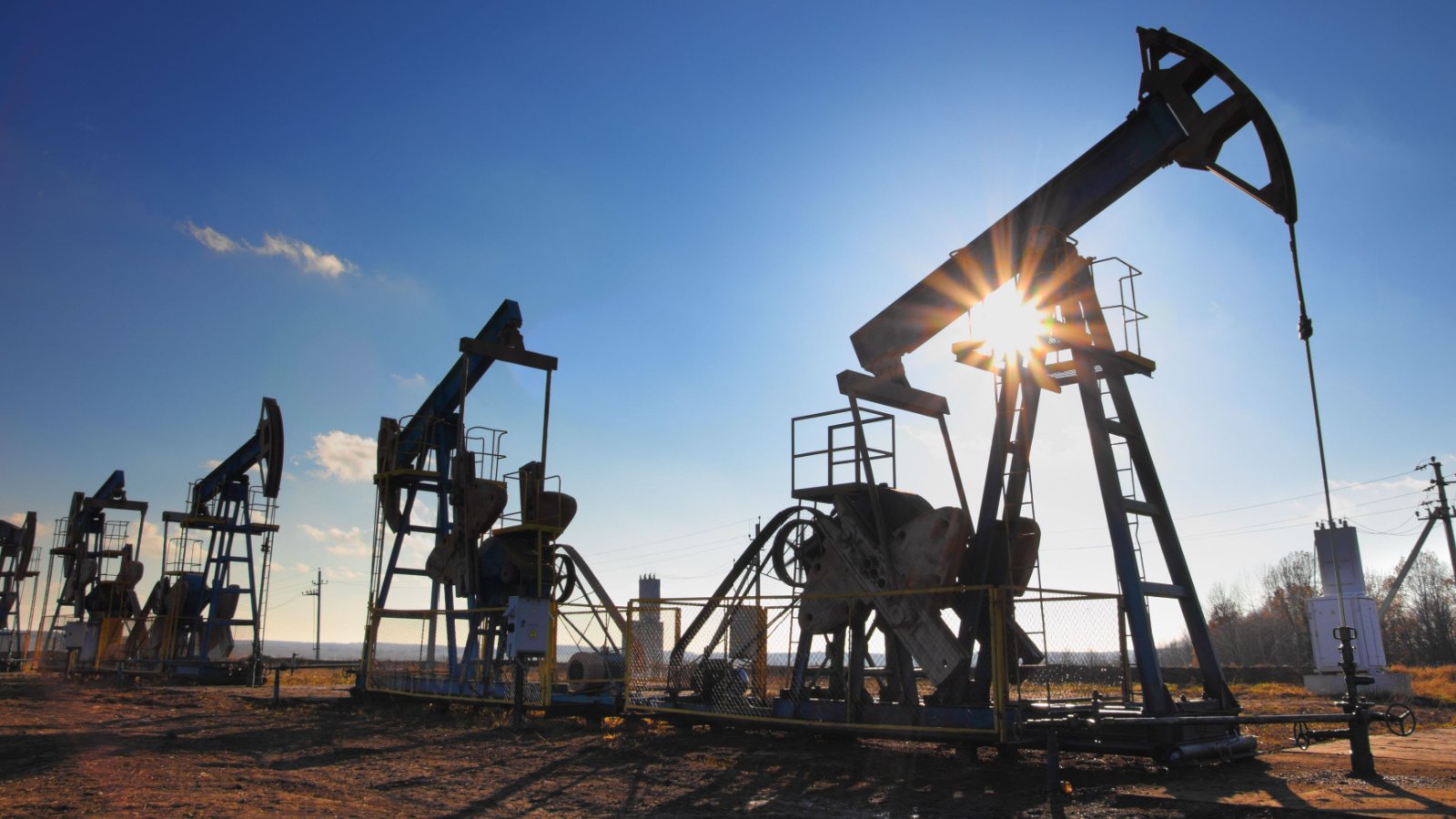Environmental activists are pressuring major energy corporations to accept financial responsibility for their role in climate change. This movement has caught the attention of national security experts, who warn of potential repercussions.
A high-profile legal case in Hawaii has become the battleground, with the city of Honolulu demanding that industry leaders like Sunoco, Exxon, and Chevron compensate for climate-related damages.
Military Leaders Express Concern

Two former chairpersons of the Joint Chiefs of Staff, retired General Richard B. Myers and Admiral Michael G. Mullen, have voiced their apprehensions regarding the implications of this legal battle on U.S. national security.
They argue that oil and gas are essential components of the nation’s defense strategy, economic foundation, and military preparedness.
The Legal Brief

Myers and Mullen have articulated their stance through an amicus brief submitted to the Hawaii Supreme Court. This court is currently reviewing a significant lawsuit that has the potential to shape the future interactions between environmental activism and the energy sector. Their involvement underscores the perceived gravity of the situation, highlighting the national security stakes.
Potential Impacts on National Security

The former military leaders caution that a verdict against the energy companies could severely disrupt national security and international relations. They emphasize the strategic importance of oil and gas, not only for domestic energy stability but also for the operational capabilities of U.S. military forces across the globe.
Criticisms of the Lawsuit

Some have criticized the lawsuit as an ideological crusade by far-left activists. These critics argue that the legal challenge seeks to impose environmentalist lifestyle choices on the American public and threaten the economic viability of the U.S. oil industry.
The demand for compensation from the energy sector could pave the way for further legal actions against fossil fuel usage.
The Risk of Undermining National Security

Myers and Mullen highlight the oversight of the lawsuit’s proponents in failing to consider the critical role energy companies play in national security. These firms have long-standing relationships with the military and are integral to global operations. An adverse outcome could jeopardize these operations and have broader international consequences.
Foreign Policy and Energy Regulation

The duo points out that the Hawaii Supreme Court, by allowing the trial to proceed, did not take into account the potential foreign policy implications of imposing nationwide emission regulations. They warn that restricting access to oil and gas could compromise national security interests at a time of heightened global tensions.
Economic and Military Ramifications

An unfavorable judgment could lead to increased operational costs for energy companies, influencing global energy markets. This, in turn, could affect the pricing and availability of fossil fuels, posing a risk to American military initiatives abroad and destabilizing international energy stability.
The Challenge to U.S. Energy Policy
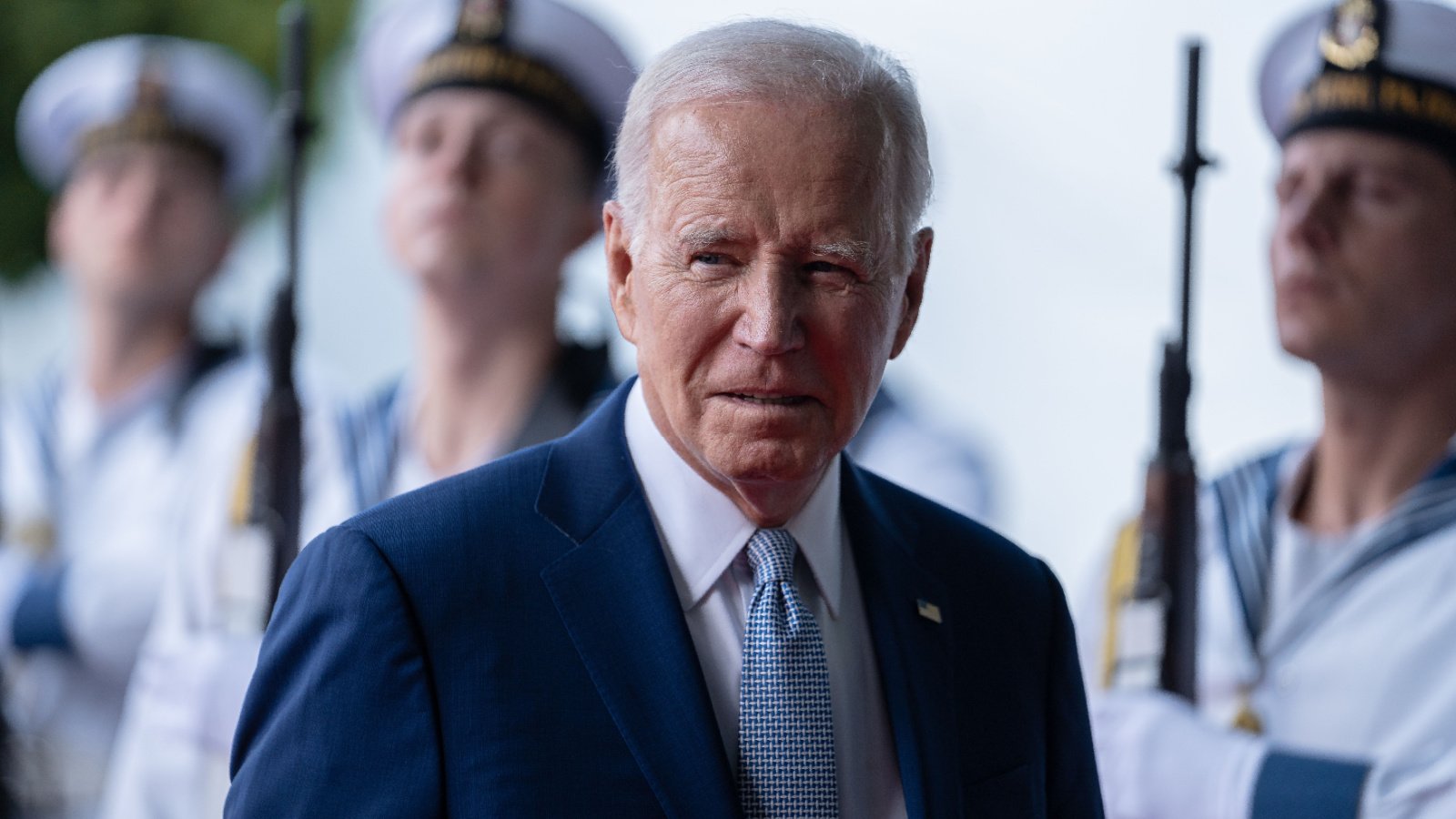
The legal battle also questions nearly a century of U.S. energy policy, which has historically encouraged domestic oil and gas production. This policy has been instrumental in securing the nation’s economic and military strength. Myers and Mullen stress the importance of maintaining a robust domestic energy sector.
The Biden Administration’s Energy Policy

The discussion touches on the current administration’s push toward reducing reliance on fossil fuels. The military leaders express concern that this shift could leave the U.S. at a strategic disadvantage against foreign adversaries who continue to invest in oil and gas.
Global Competitive Disadvantages
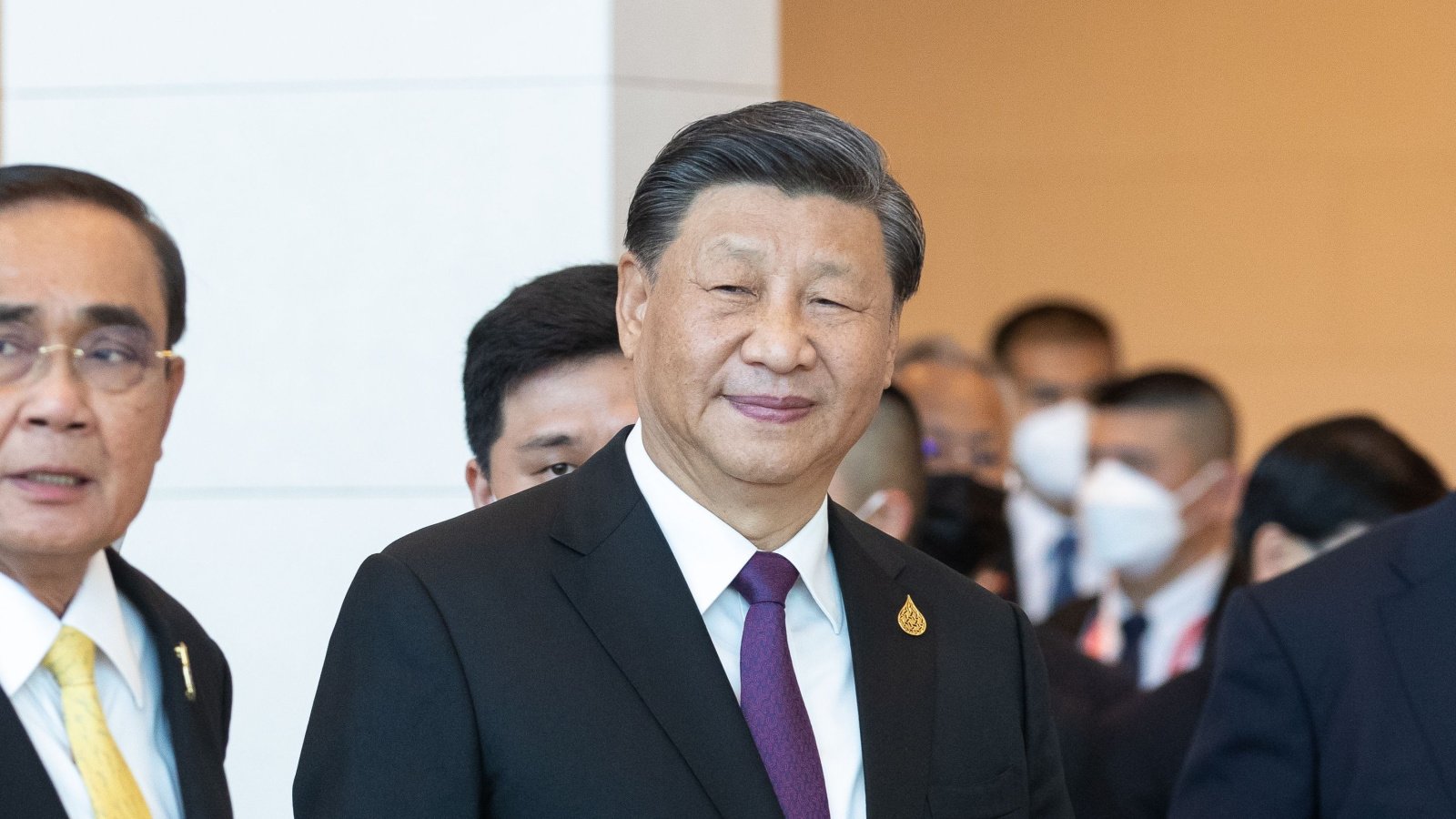
Shifting away from high-performance fossil fuels could impair the U.S. military’s operational efficiency, potentially giving strategic advantages to competitors like China and Russia. The military leaders argue that unilateral changes in energy policy could weaken the nation’s position on the global stage.
Legal Interventions
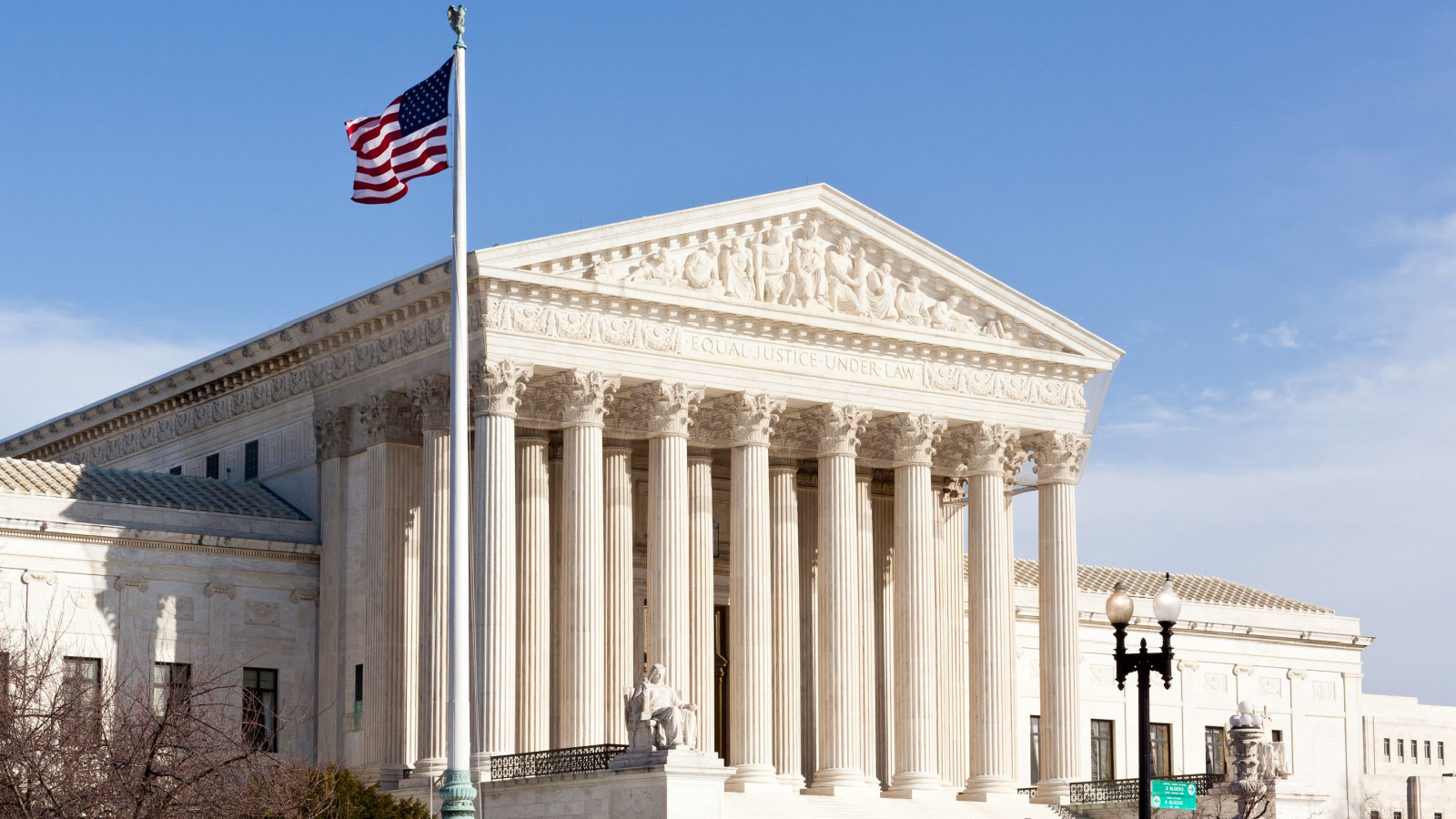
In response to the perceived overreach of the Hawaii lawsuit, 22 state attorneys general have petitioned the U.S. Supreme Court for intervention. They argue that the case threatens to impose a singular, progressive energy policy across all states, with potentially dire consequences for the national energy market.
The Future of U.S. Energy and Security

The outcome of this legal dispute could redefine the relationship between environmental accountability and national security. As the case progresses, the balance between combating climate change and maintaining economic and military stability remains a contentious issue.
A Nation at a Crossroads
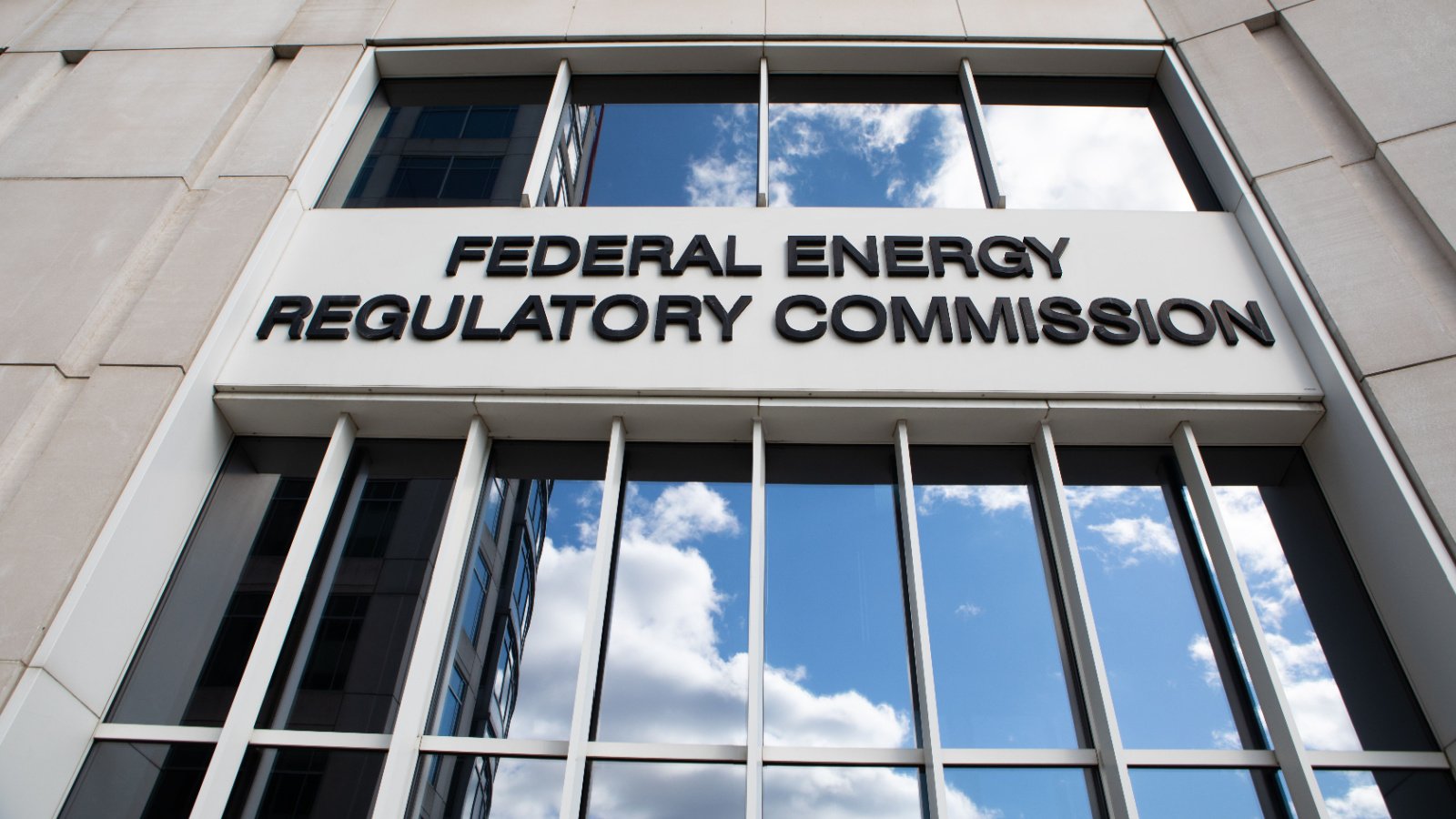
The legal challenge against energy companies in Hawaii symbolizes a critical juncture in U.S. history. It reflects broader debates about environmental responsibility, energy policy, and national security. The involvement of high-ranking military officials underscores the significance of these discussions for the country’s future.



